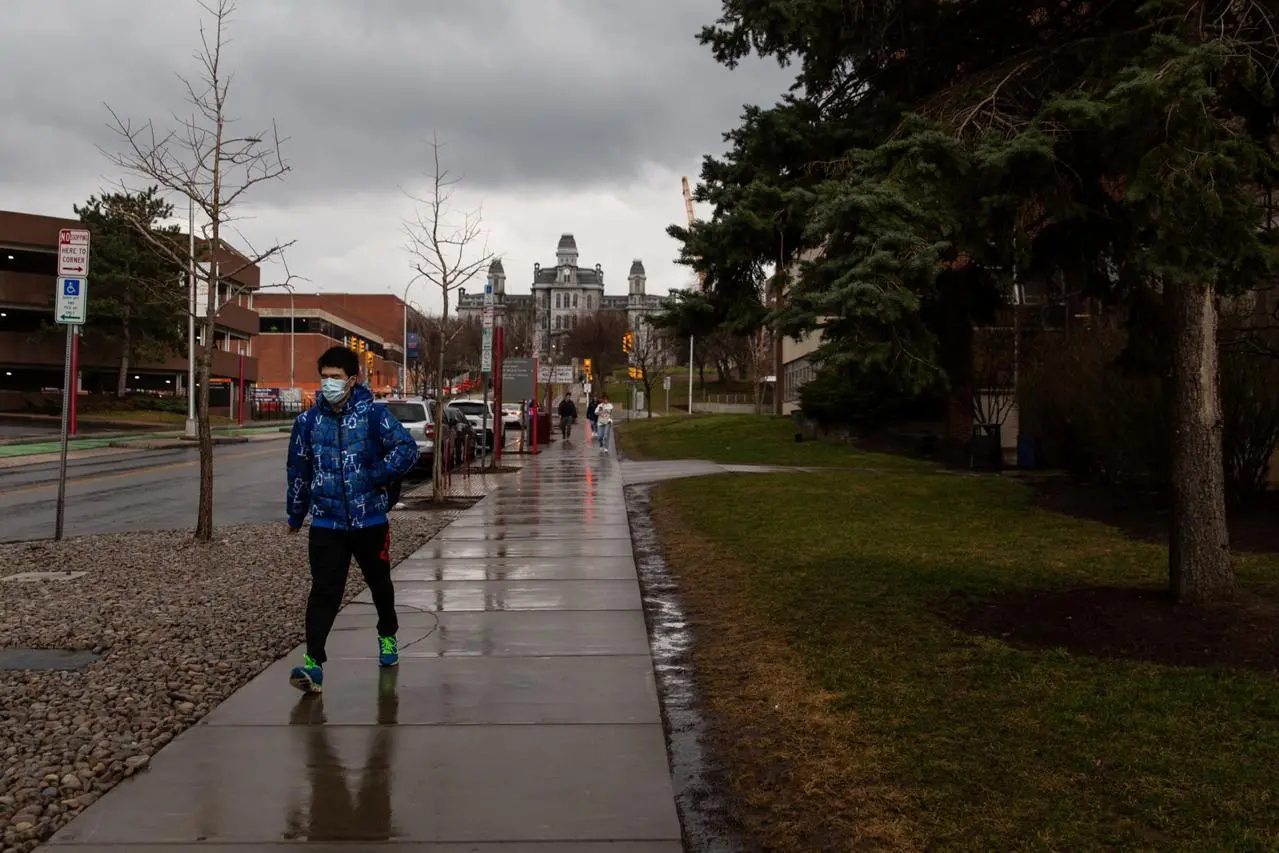PHOTO
DALLAS - Wall Street bankers fretting about the deal lull may want to head back to college. Not for the keg parties, but to advise their alma maters on strategic options. Universities, especially in the United States, will need to close, go digital or merge to survive.
Even before Covid-19 shut down campuses, higher education was troubled. Pressure to grow enrollment forced schools from Australia to Britain to California to seek students abroad. The pandemic-inspired switch to online learning has exposed the folly of soaring tuition. Public and private funding are being crunched by the Great Lockdown’s economic fallout.
International students will now stay home. Strapped parents will question the value of leveraging up for the “college experience,” which costs some $100,000 over four years in the United States, the National Center for Education Statistics says. The virus will double the number of colleges failing over the next decade, compared to the previous one, to 700, predicts AGB senior fellow Rick Beyer.
Some, like Boston University, which charges more than $74,000 annually, are cutting costs. Others will justify expenses by offering online courses for specialty degrees, like a diploma in finance. That’s sensible if a lecture hall for 250 students can accommodate another 5,000 via Zoom. Paying more for the live experience may bring perks like office hours. While universities can build this, any good consigliere would suggest buying established businesses and reaching for “revenue synergies.”
Oxbridge and the Ivies won’t want to dilute pedigrees or miss offering a bachelor’s in Shakespeare for $250,000 to the well-heeled. Partnerships will emerge for the next tier. Faith-based universities, for instance the big four in Texas, could roll up front offices. Rather than four finance vice presidents, “the Colleges of the Christians” could have one.
Merger advice will be welcomed by trustees. A 2012 deal between Georgia Health Sciences University and Augusta State University offers a blueprint. That union helped Georgia Health bring Augusta’s margins in line with its own, like any successful deal, according to educational advisor TIAA Institute.
Shacking up with for-profit outfits like Strategic Education , whose shares have surged 30% since late March, might work for some. But more universities will need to simply embrace the business school playbook – with some help from finance alums. If that doesn’t work, they’ll call in the grads who went to McKinsey’s restructuring practice.
CONTEXT NEWS
- The University of Michigan expects to lose up to $1 billion through the end of 2020, the university’s President Mark Schlissel said in an email to staff on April 20, according to NPR station Michigan Radio. MacMurray College, a 174-year institution in Jacksonville, Illinois, will close in May.
(Editing by Rob Cox and Leigh Anderson)
© Reuters News 2020





















